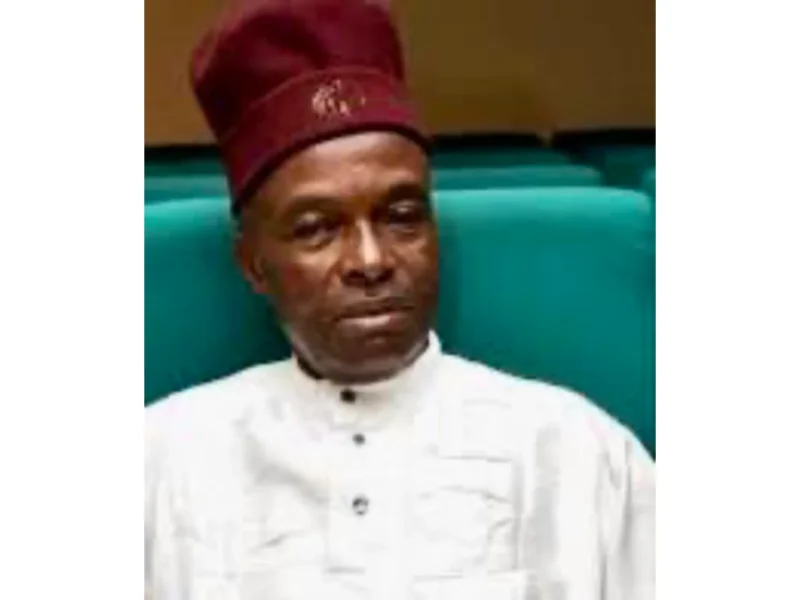Spotlights
Igbos Contributed 75% To Lagos Economy, Who Owns The Land? – Chief Uche

Chief John Uche, the inaugural president of Ohaneze Ndigbo in Lagos State, emphasised the harmonious relations and intermarriages among the Igbo community, declaring that they had successfully integrated into the social fabric of the city without any significant conflicts at the time.
He pointed out that the Igbo people have played a pivotal role in the economic development of Lagos State, attributing an impressive 75 percent of the state’s economic growth to their contributions.
In an interview with Nigerian Tribune, Chief Uche further noted the historical complexities surrounding land ownership, mentioning how the original Lagosians sold their land to the Igbo community and later contested their rights to that land. He posed a thought-provoking question, asking, “Who truly owns the land?”
He said: “The Igbo intermarried and mingled without any crisis. We contributed to the growth of Lagos State. Our contribution is not less than 75 percent of the economy of Lagos State. They sold their land to us and later come to tell me that we are not land owners. Who owns the land?”












